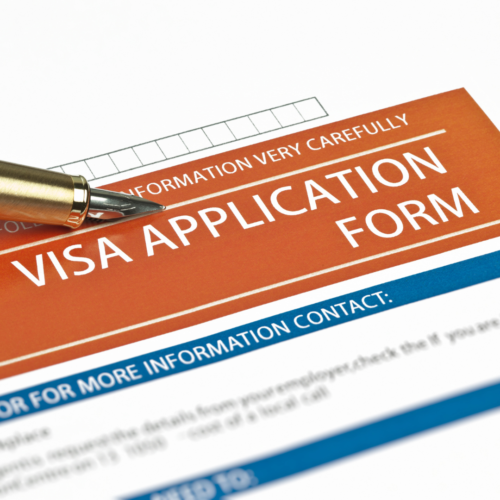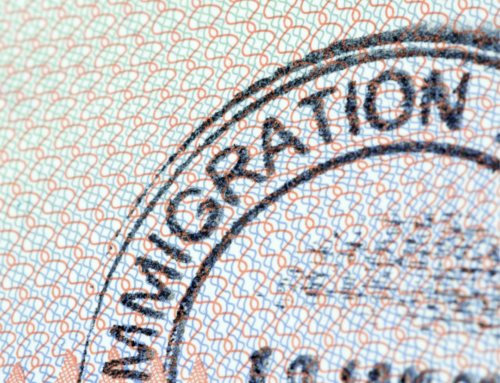As of May 2021, the unemployment rate in Florida was under 5%, which is well below the national average. Although many U.S. Citizens are employed in the state, they aren’t the only ones who benefit from low unemployment rates. Jobs are ramping up, and there is an expanding need for foreign workers. If you or someone you know is an employee in a foreign country, an EB-3 Visa may be beneficial. Before applying for an EB-3 Visa, all applicants must meet specific criteria. We advise you to consult an experienced immigration attorney to handle all of your immigration challenges. Please continue reading to learn more about EB-3 Visas and their requirements.
What are EB-3 Visas?
An EB-3 Visa, otherwise known as a third-preference “employment-based” visa, is meant for professional, skilled, or otherwise unskilled workers in a specific line of work. This visa is employer-sponsored, which states that the applicant must have a job lined up before applying. Since the EB-3 Visa is a green card, it grants the applicant permanent residency status.
If you are in the process of being granted an EB-3 Visa, you can first look into obtaining an H1-B Visa. H1-B Visas provide temporary status for up to six years. Many individuals awaiting permanent residency via EB-3 go through the H1-B route first as a quick solution.
EB-3 Visa Criteria
Certain immigrants with plans to work in the United States through an EB-3 Visa must meet specific criteria before being granted such status. Three sub-categories make up the EB-3 requirements. While each category requires that the worker have a labor certification and full-time job offer, the type of worker you are will determine your eligibility criteria:
- Professionals: Professional workers under an EB-3 Visa must have a Bachelor’s degree or the international equivalent related to the job they seek.
- Skilled workers: Skilled workers must have a minimum of two years of work experience, education, or training in the job they seek. Post-secondary education can qualify to be considered training.
- Unskilled workers: Unskilled workers (other workers) must be able to execute unskilled labor that requires less than two years of experience or training. Note: These jobs cannot be of seasonal or temporary nature; they must be full-time.
Aside from the requirements, employers must also prove that no U.S. Citizens or Green Card holders are eligible for the job, and therefore, they must hire a foreign national. Once this has been proven, the employer can sponsor the employee to solidify the Employment-Based Immigration Visa.
How Long Does The Process Take?
It’s no secret that anything relating to immigration can often be a lengthy process. For EB-3 Visas, we suggest that you can expect the process to take at least six months. While we anticipate the process can take at least six months, it is essential to note that it can also take years to be able to move forward. We suggest you gather all the necessary documents before starting your application process. This allows applicants to have a smoother transition and helps speed things up.
- Applicants will first need to find an employer who will sponsor them.
- Sponsors must obtain a labor certification and prove that no U.S. workers can do the job.
- Once that has been completed, the Department of Labor will issue the applicant a Labor Certification, in which they will then have to file an I-140 form. NO applicant is allowed to proceed until they have been given the all-clear to move forward.
- After being approved, the applicant can file an I-485 form which allows them to change their status.
- Finally, the process is complete after they have been approved and are Legal Permanent Residents (LPR).
At Rivera Law, we understand immigration issues can be challenging, and we are prepared to simplify all aspects of your visa or immigration process. To learn more about our immigration services, please visit our immigration page today, or call our office at 561-651-9322.







Leave A Comment